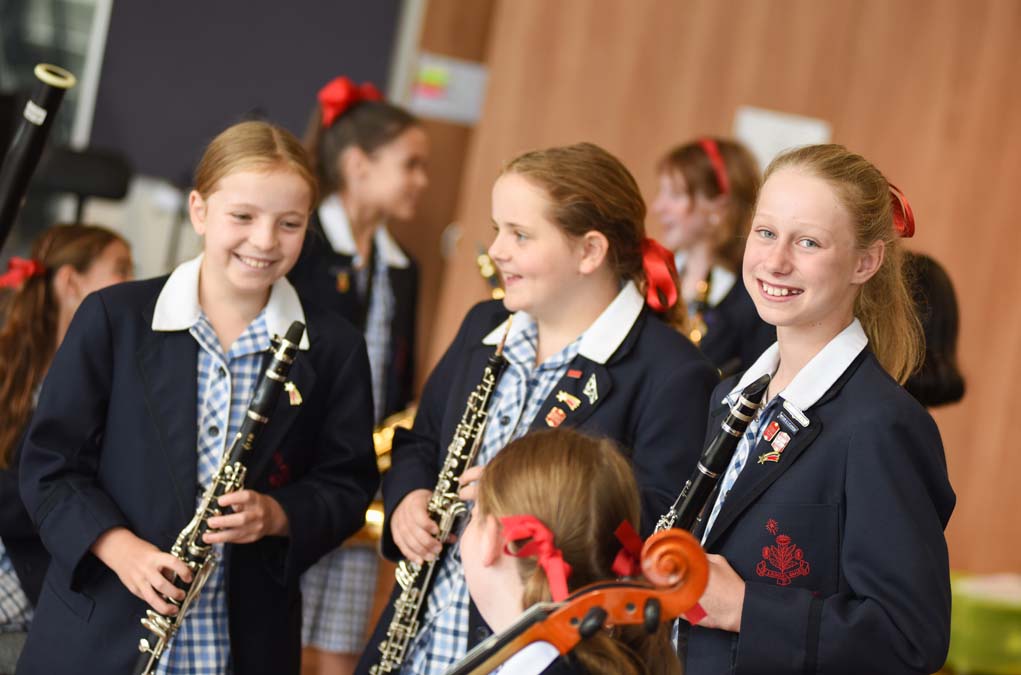By Melissa Schoorman
In a world where children are flooded with unfiltered information and seek instantaneous gratification from social media and digital technologies, it is pertinent to remind our children that patience and persistence are crucial to success and to confidence.
For tween and teen girls, we know confidence levels can drop by up to 30% between the ages of 8 to 14. During these pivotal years, girls’ emotional intelligence levels develop rapidly, allowing them to become more observant and critical of themselves and others.
They hone in on biological and societal signals that overwhelmingly deduce that they should be careful, strive for perfection and avoid risks.
With confidence closely related to self-esteem, resilience and growth, educators and parents should strive to surround girls with opportunities and situations that allow them to feel both comfortable and challenged.
John F Kennedy once said, “Every accomplishment begins with the decision to try”. And while some believe that not all children can be confident at a young age, we need to shift our definition to ensure we are not simply referring to confidence being outward and extroverted. Developing confidence should be centered on one’s inner confidence and self belief, and can be perpetuated by encouraging students to take healthy risks, lean into new challenges, embrace unfamiliar opportunities and rebound and recalibrate when things go wrong. After all, we all must accept that it is impossible to build confidence by only repeating what we know we are already good at, or worse, trying nothing new at all.
Within a school environment, educators nurture a variety of ways for every student to build their confidence. These include making eye contact, not shying away from conversations with adults and older students, being able to accept compliments and acknowledgements with pride and presenting in front of their peers. For our students, especially young girls, we provide opportunities where they defer less to “opting out” or “freezing” due to their fear of failure and judgement. Instead, they learn to realise and appreciate that the most rewarding things in life are often the most difficult.
The ultimate risk, especially for young girls, is the risk of being their authentic selves. With a girl’s brain more prone to worry and able to anticipate consequences, it can be counterintuitive to let their guard down. Helping students understand how they learn whilst identifying the crucial role of their amygdala (a component of the limbic system in the brain which influences and controls emotions) ensures students become familiar with the flight or fight response and appreciate that rehearsal, consolidation and practice prepares them for success. Participating in a broad range of extra-curricular activities – being part of a netball team, participating in a debate, singing in a choir, learning how to cook, getting involved in a volunteer group – not only helps girls acquire new skills but also helps them find their interests and unlock their true potential.
Ultimately, it is the creation of a positive outlook, patience and persistence backed with ample opportunity that allows our children to endure failure, navigate unfamiliar territory and grow in confidence as a learner and, more importantly, as a human.
Melissa is the head of Wardle House and Deputy Principal at Toorak College.

